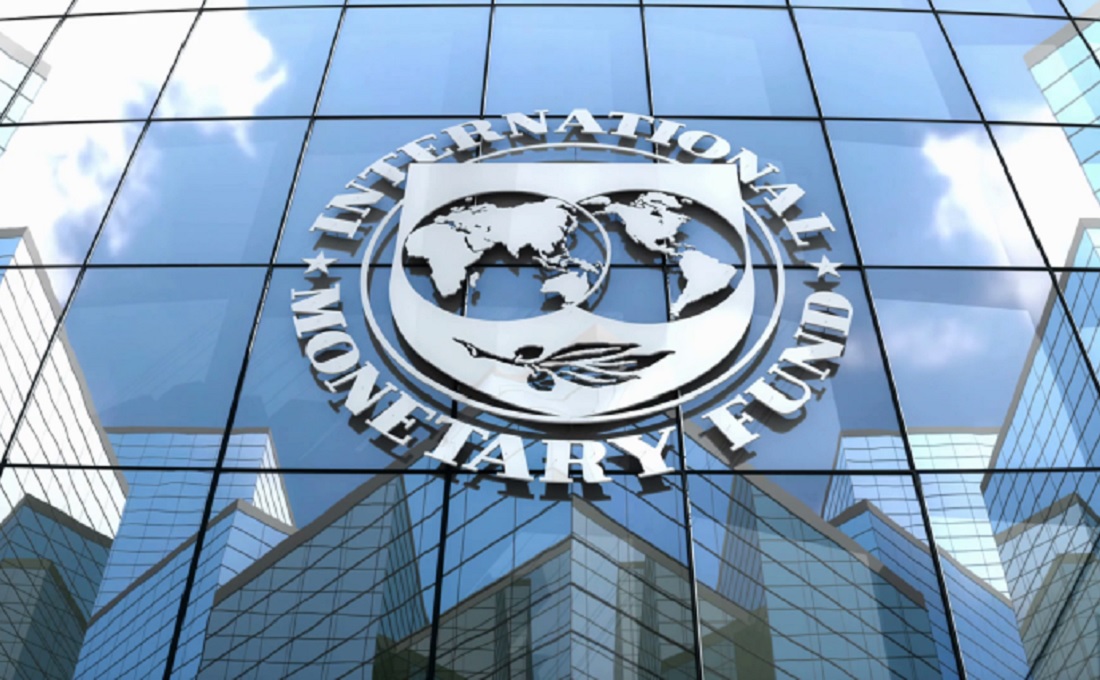IMF, analysts warn FG over rising debt, loan plans hit N39trn

BY MOTOLANI OSENI
The International Monetary Fund (IMF) and financial analysts have expressed concern over Nigeria’s growing public debt burden as the federal government prepares to borrow an additional $26 billion (approximately N39 trillion) to fund the 2025–2026 budget cycle.
In a recent note, analysts at Cowry Asset Management criticised President Bola Tinubu’s request for $21.5 billion in external loans from the National Assembly, alongside additional borrowings of €2.2 billion ($2.5 billion), 15 billion yen ($104 million), and $2 billion in domestic debt. The analysts cautioned that about 60 per cent of the proposed 2025 budget would be financed through new borrowing, calling it a departure from earlier promises to prioritise foreign direct investment and equity funding.
While the loan plan is designed to support infrastructure, health, education, agriculture, and economic reforms, Cowry warned that most of the funds may ultimately finance recurrent and capital expenditures, yielding limited long-term revenue growth.
READ ALSO: Speaker Abbas mourns deaths of 22 Kano athletes
According to the Debt Management Office (DMO), Nigeria’s total public debt stood at $94.23 billion (about N144.67 trillion) as of December 2024, down from $108.23 billion the previous year—a decline largely attributed to naira devaluation rather than repayments.
The country spent $4.66 billion servicing external debt in 2024, with $2.8 billion going to principal repayments and $1.74 billion in interest. Multilateral lenders received $2.62 billion, commercial creditors $1.47 billion, and bilateral partners $570.67 million.
Despite fiscal pressure, the Tinubu administration has so far secured $7.2 billion in loans from the World Bank for economic stabilisation, social safety nets, and the power sector. An additional $1.57 billion is expected in September 2024, and $632 million in March 2025.
In its latest Fiscal Monitor, the IMF warned that global debt levels were rising faster in economies accounting for 80 per cent of global GDP and could hit 100 per cent of global GDP by 2030. The IMF called on countries to implement credible medium-term strategies, reduce debt, and rebuild fiscal buffers.
Cowry analysts also flagged the mismatch between rising debt servicing costs and weak revenue growth in Nigeria, exacerbated by declining oil prices, which have dropped below the benchmark of $75 per barrel. They stressed the urgent need for transparency, efficient fund use, and pro-investment economic policies to avoid further macroeconomic instability.










